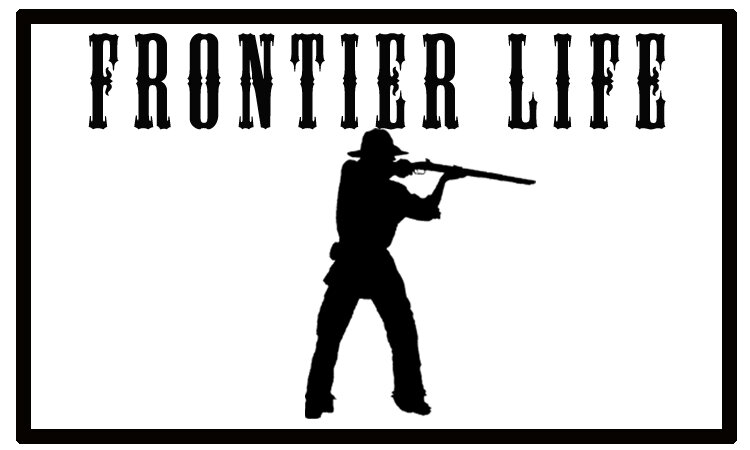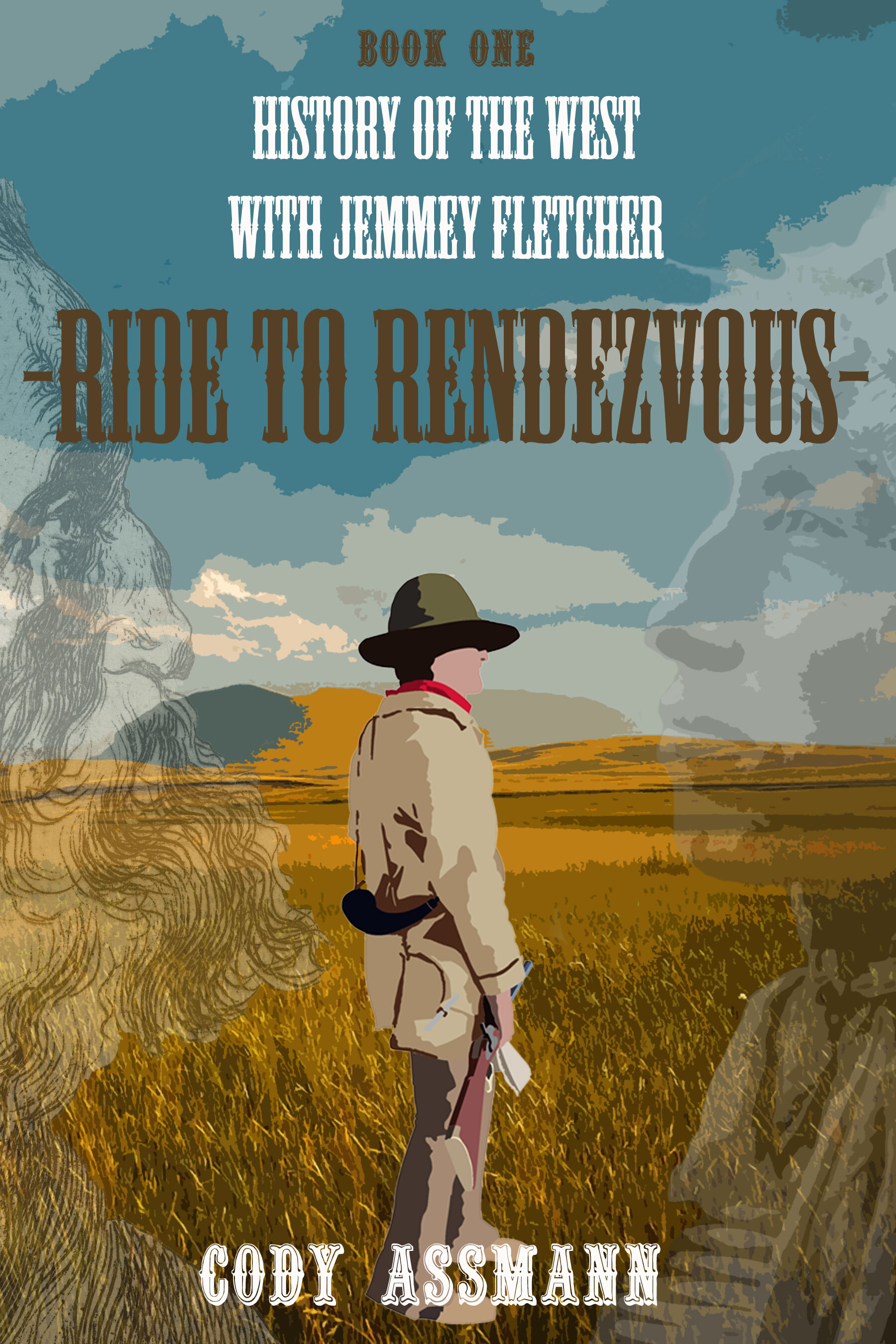James Beckwourth and Life in the West
The life of James Beckwourth was not only filled with adventures, but it can help us understand how unprejudiced the west really was.
“Being possessed with a strong desire to see the celebrated Rocky Mountains, and the great Western wilderness so much talked about, I engaged in General Ashley's Rocky Mountain Fur Company. The company consisted of twenty-nine men, who were employed by the Fur Company as hunters and trappers.”
This excerpt comes from “The Life and Adventures of James P. Beckwourth; Mountaineer, Scout, and Pioneer, and Chief of the Crow Nation of Indians,” and is how the man described himself when he first headed west. Over the next few decades, Beckwourth would go on to become one of the most celebrated mountain men of his time.
Early Life
James Beckwourth was born the son of a slave mother and white master around the year 1800. By his late teens, Beckwourth had gained his freedom and moved to St. Louis to find work. Eventually, he headed west with General William Ashley in 1824 after a brief stint as a blacksmith apprentice. Apparently, he quickly figured out the life of a blacksmith would not work for him, and he took to the life of a mountain man like a fish takes to water.
These early years in the fur trade were extremely dangerous and hard, as early on few trade goods entered the Rockies. Hard as it was, Beckwourth managed to stay alive in the mountains and become one of the more accomplished trappers. Although he would have been respected for many reasons, his ability to tell a good yarn was one that folks remembered about him. This is one reason why historians have viewed the previously linked Beckwourth book with some skepticism for historical accuracy. There is little doubt it would help inform the reader about life in the west, but the entire text must be taken with a grain of salt. Beckworth seems to have been just as interested in telling a good story as he was in relating the truth. Reading it is like reading a long fishing story. It all may have happened, just not quite as extraordinary as it is told.
A Crow Chief
One of the more discussed aspects of James Beckwourth’s life is the fact that he served as a chief in the Crow tribe. While there is some disagreement about how it happened, by 1828 Beckwourth found himself living with the Crow people. Some accounts say the meeting was arranged, while Beckwourth himself claims:
“…in a few moments I was surrounded by (Indians), and escape was impossible. I resigned myself to my fate: if they were enemies, I knew they could kill me but once, and to attempt to defend myself would entail inevitable death. I took the chances between death and mercy; I surrendered my gun, traps, and what else I had, and was marched to camp under a strong escort of horse-guards. I felt very sure that my guards were Crows, therefore I did not feel greatly alarmed at my situation. On arriving at their village, I was ushered into the chief's lodge, where there were several old men and women, whom I conceived to be members of the family. My capture was known throughout the village in five minutes, and hundreds gathered around the lodge to get a sight of the prisoner. In the crowd were some who had talked to Greenwood a few weeks before. They at once exclaimed, "That is the lost Crow, the great brave who has killed so many of our enemies. He is our brother."
As you can read, Beckwourth claims the Crow adopted him as a long lost son of the tribe.
Whatever the circumstances, he spent several years living with the tribe and becoming ingrained in their culture. Most historians also seem to believe that Beckwourth did in fact rise to great importance within the tribe. Still, after nine years, Beckwourth eventually packed up his belongings and headed back east for new opportunities.
Life After the Crows
After leaving the tribe in 1837, James Beckwourth simply wandered the country looking for opportunities. He briefly enlisted in the army and served in the Seminole War. After that he apparently drifted back to the western states where he engaged in horse theft from Mexico, setting up a trading post, joining the gold rush, and publishing his book previously linked. Legend also tells that he eventually found his way back to the Crow people and lived out the rest of his days with the nomadic hunters of the Northern Plains. Other accounts say he died in Denver.
For more information on James Beckwourth, watch this fun video put together by a living historian.
The life of James Beckwourth can teach us a lot about life on the American frontier. Perhaps the best lesson it can teach us is about how diverse a place it was. It was a pool of diversity with white men, black men, Native Americans, English, French, Hawaiians, Mexicans, and so many others participating. The frontier was also very egalitarian, meaning that people were treated equally. That doesn’t mean that everyone got along great, it just means that as a black man Beckwourth was judged by his dependability, resourcefulness, and perhaps his ability to tell a good story. If you are reading Jemmey Fletcher; Tyrant’s Road hopefully you’ll now better understand Jemmey’s feelings toward Ben and how his time in the mountains may have shaped his perspective.

